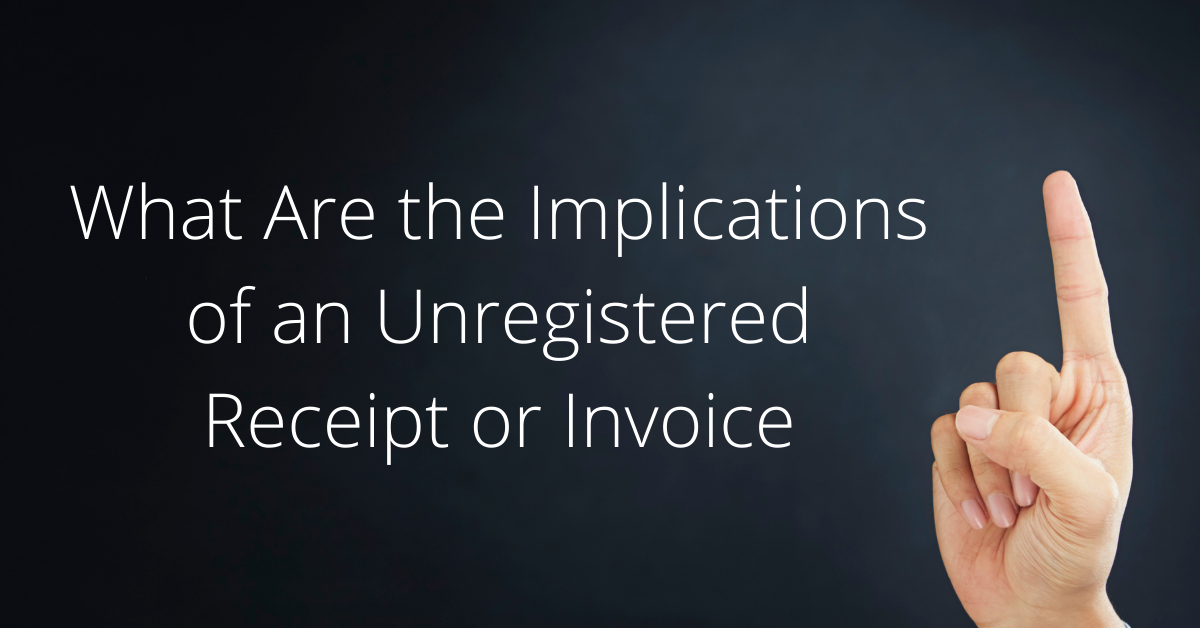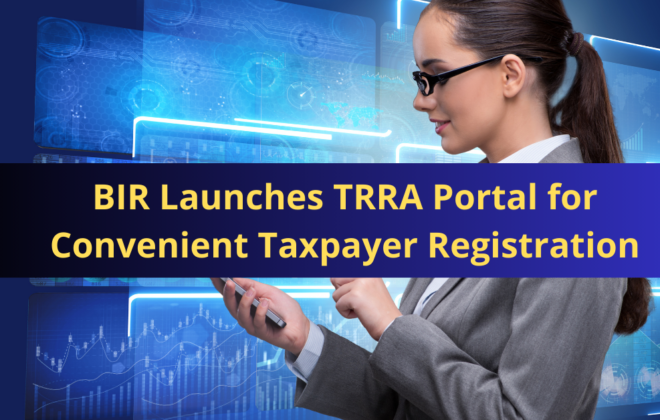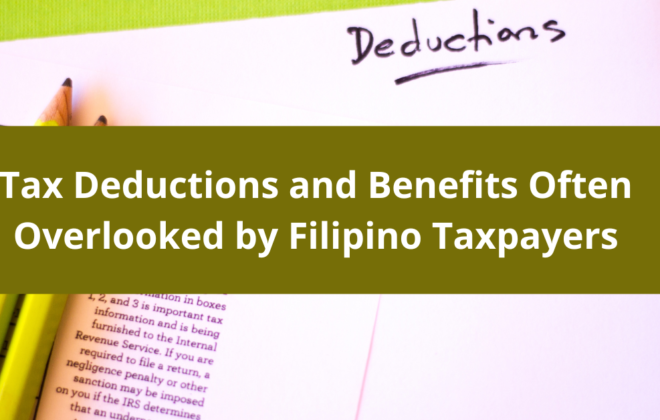What Are the Implications of an Unregistered Receipt or Invoice
The provision of Section 237 of the Philippine Tax Code is obvious. Taxpayers are required to issue duly registered receipts or sales or commercial invoices for each sale or transfer of goods or services in the amount of one hundred pesos (P100.00) or more.
The BIR-registered receipts and other commercial invoices serve as key tax compliance elements for a business, whether you are engaged in selling merchandise or providing services.
As a responsible business owner, you must understand your rights and obligations regarding the Official Receipt or Sales Invoice.
Official Receipt (OR) or Sales Invoice (SI)
The OR or SI is an official document signifying that a sale transaction has taken place, either for a sale of goods or services.
A sale transaction is consummated if a transfer of goods or a service has been performed and the payment corresponding to the transaction is received.
The primary difference between an OR and a SI is in the nature of the sale transaction. The sale of goods must be documented using a Sales Invoice, while an Official Receipt is used to record a sale of services.
An official receipt or invoice should have the following information:
- Company Name
- TIN (specifying if VAT or NON-VAT)
- Serial Number
- Authority to Print (ATP) – usually found at the lower-left bottom portion of the receipt.
Implications of Unregistered Receipt or Invoice
1. Seller – as an issuer of unregistered receipt or invoice
- The OR or SI is the sole basis in the computation of taxable income. Some taxpayers do not issue OR or SI to get away with taxation.
- Under Revenue Memorandum Order 7-2015, for failure to pay any tax imposed by BIR, violators must pay not less than P30,000.00 and imprisonment of not less than two years.
- Moreover, Section 115 of the Tax Code empowers BIR to temporarily close the business establishment that failed to issue OR or SI.
- The bureau will also confiscate existing booklets of unregistered receipts or invoices. And they will have solid evidence to file a tax evasion case against a business.
2. Buyer – as receiver of unregistered receipt or invoice
- Unregistered or temporary receipts or invoices are considered non-deductible expenses per Section 34 of the Tax Code.
- The rationale behind this is that anyone can buy temporary receipts and fill up the document. Then, a taxpayer can claim the purchases as part of expenses, even when there was no actual transaction.
- Furthermore, VAT-registered buyers cannot claim the 12% input VAT as this is not indicated on the document.
To correct your accounting records, ask the supplier to change the unregistered receipt or transact only with suppliers with official receipts.
They say that “ignorance of the law excuses no one.” With BIR continually issuing tax regulations on receipts and invoices, business owners and managers must be updated on the latest tax rulings. Otherwise, taxpayers will have to face the consequences imposed by the law.
With this regulation in place, BIR hopes to address the problem of tax evaders and to achieve revenue targets.
We at DJKA Business Services provide end-to-end solutions for all your business registration needs including printing of receipts. If you need assistance, email us at info@djkaaccounting.com.
Related Posts
Recent Posts
- New Features and Functionalities of the Online Registration and Update System (ORUS)
- A Comprehensive Guide to Taxation for Freelancers in the Philippines
- New Tax Laws in 2024: What Changes Filipino Taxpayers Should Prepare For
- How to Avoid Common Tax Mistakes in 2024
- Tax Deductions and Benefits Often Overlooked by Filipino Taxpayers





